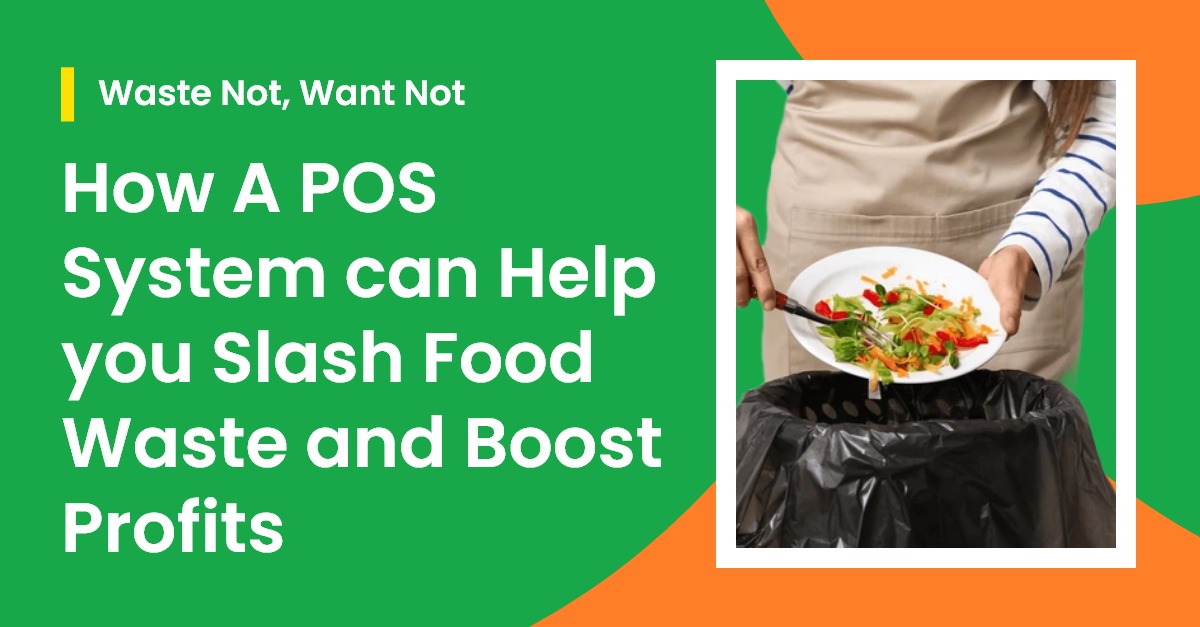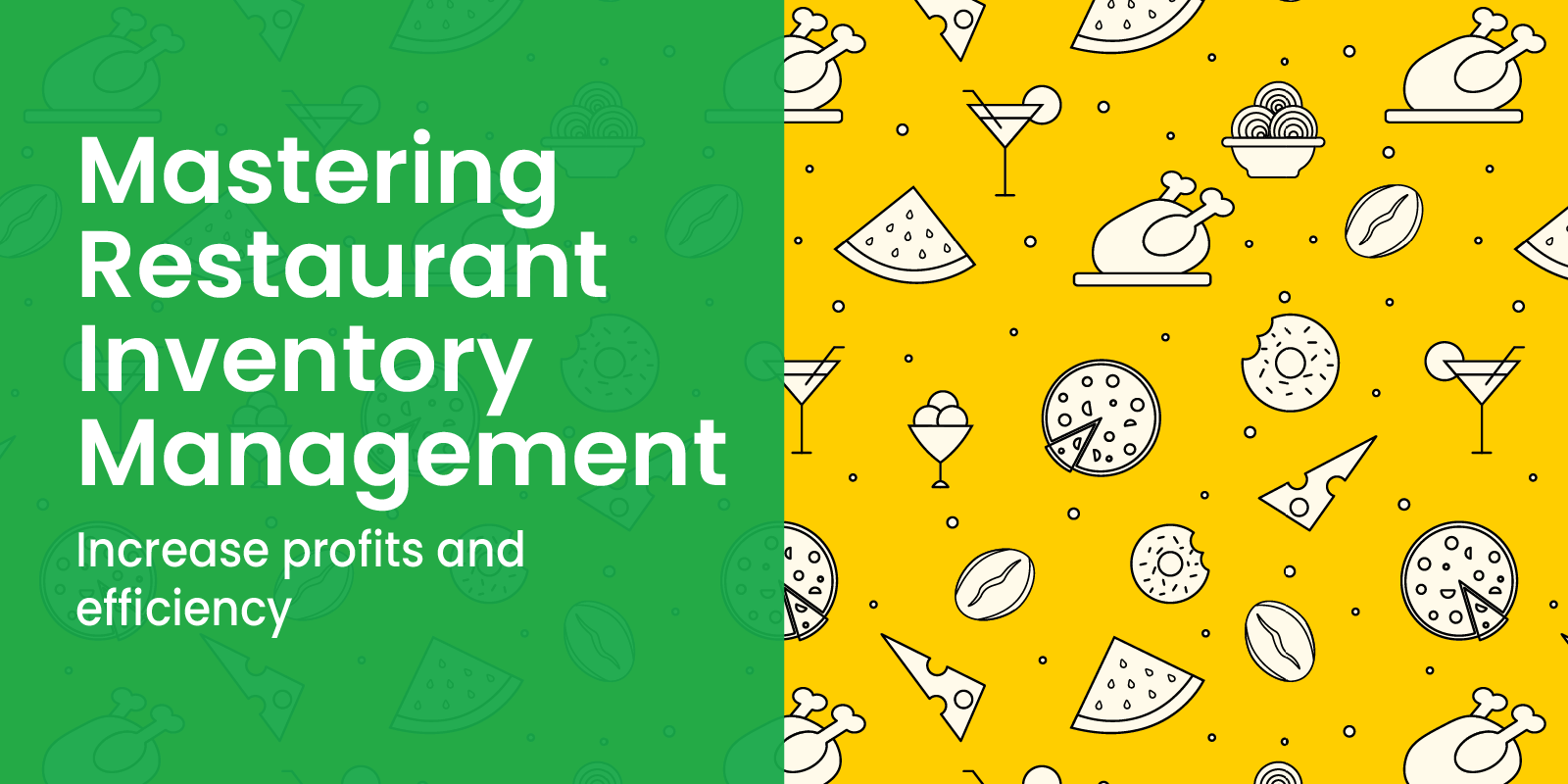Let's be honest, in the restaurant business, food waste is like a villainous monster lurking in your kitchen, stealthily devouring your profits and undermining your sustainability efforts. It's the culinary equivalent of throwing money in the trash (or worse, composting it). But fear not, restaurateurs! There's a secret weapon in the fight against food waste, and it's not just a fancy garbage disposal. It's your POS system, and it's more powerful than you might think.
But how exactly can a POS system help you reduce food waste and boost profitability? Without much ado. Let's dive into the delicious world of restaurant food management and explore how the right POS system can turn your kitchen into a lean, green, profit-generating machine.
Beyond the bin: Why food waste matters (and how your POS can help)
Food waste isn't just an environmental issue. It's a major financial issue. Every bit of food that ends up in the trash represents lost revenue, wasted resources, and a missed opportunity for profit. A POS system with robust inventory management and reporting features can help you track food usage, identify waste hotspots, and optimize your ordering and preparation processes. Think of it as your food waste detective, uncovering hidden inefficiencies and helping you make smarter decisions about your ingredients.
Benefits of POS system: Turning waste into profit
So, how exactly can a POS system help you reduce food waste and boost your bottom line? Let's explore the possibilities:
- Real-time inventory tracking (knowing what you have and what you don't): A POS system with real-time inventory tracking gives you an accurate, up-to-the-minute view of your stock levels. This helps you avoid over-ordering, prevent spoilage, and ensure that you're using your ingredients efficiently. It's like having a digital inventory assistant who never sleeps (or takes a lunch break).
- Menu engineering (crafting a profitable and sustainable menu): Your POS system can track which dishes are most popular and which ingredients are used most frequently. This data allows you to optimize your menu, featuring dishes that minimize waste and maximize profit. It's like having a culinary strategist helping you craft a menu that's both delicious and financially sound.
- Sales forecasting (predicting the future of your food drders): By analyzing historical sales data, your POS system can help you predict future demand and adjust your orders accordingly. This prevents overstocking, reduces spoilage, and ensures that you have the right amount of ingredients on hand to meet customer demand.
- Portion control (consistency is key): A POS system can help you standardize portion sizes and ensure that every dish is prepared consistently and minimize waste due to inconsistent portions. This not only reduces food waste but also improves customer satisfaction and ensures consistent food costs. It's a win-win for your kitchen and your customers.
- Waste tracking (identifying the culprits): Some POS systems allow you to track waste, identifying specific areas where food is being wasted, whether it's due to spoilage, over-preparation, or customer plate waste. This data helps you pinpoint problem areas and implement targeted solutions to reduce waste.
- Employee training (empowering your staff to reduce waste): Your POS system can be a valuable tool for employee training. By tracking waste and providing data on food usage, you can educate your staff on the importance of reducing waste and empower them to make more sustainable choices in the kitchen.
Reducing food waste isn't just about being eco-conscious, rather it's about smart business practices. By implementing a POS system with excellent restaurant food management capabilities, you can optimize your operations, reduce costs, and boost your bottom line. Embrace the power of your POS system, and let it be your guide to a more sustainable and profitable future.
Smart inventory management is your secret weapon for success. It cuts waste and frees up cash for gr...






